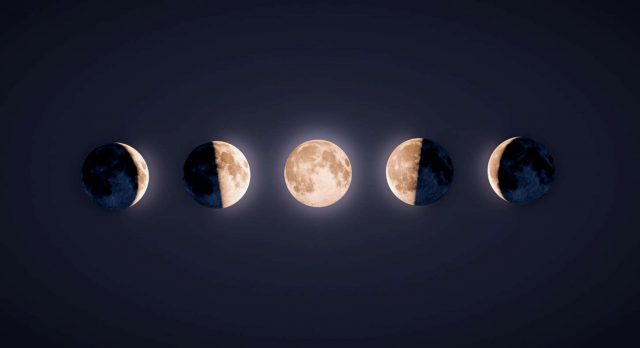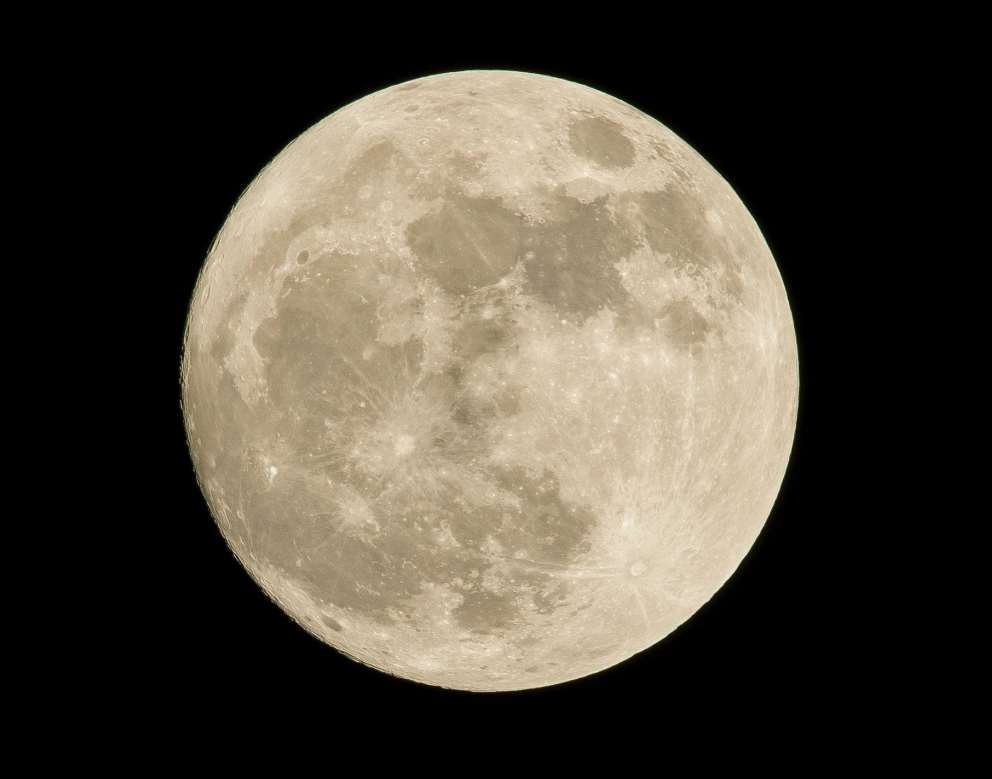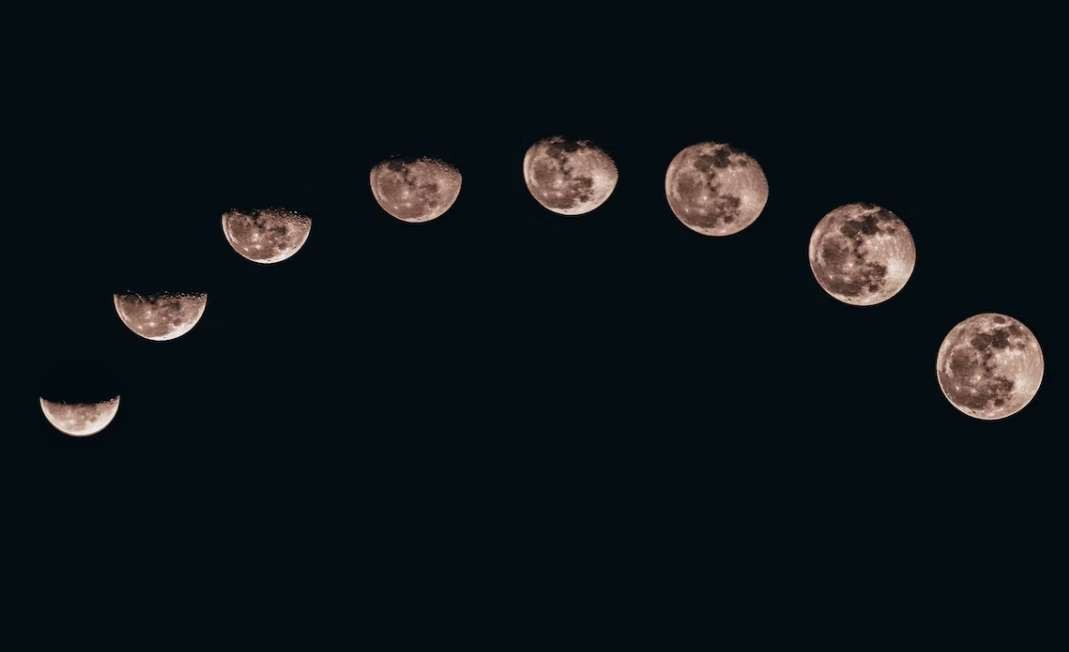The moon has been a source of fascination throughout the ages, captivating minds with its beautiful subtlety. Whether it be telling time through the phases of its orbit or reflecting the emotional context of our lives back to us in its vastness, it is undeniable that the moon plays an interesting role in human culture and understanding. In this blog post, we’ll explore this significance by looking at some of the ways different cultures have regarded it as a symbol and how modern science views its potential psychological implications for humanity. To gain greater insight into our connection to this celestial body and why we may be so enamored by it, let’s dive deep into what meanings humans have bestowed upon The Moon throughout time.
Historical Significance of the Moon and its Symbols in Different Cultures
The moon has played a significant role in different cultures and societies throughout history. Whether it has served as a powerful symbol of light and illumination or been worshipped as a celestial deity, the moon has had a unique impact on mankind’s history. The ancient civilizations of Egypt, Greece, and Rome all had strong lunar traditions, which still influence modern-day astrology and mysticism. In Chinese culture, the moon has long been associated with femininity and beauty and remains a prominent symbol in Chinese literature and art. The moon’s symbolism has even extended into modern pop culture, with iconic images like the crescent moon and moon landing flags still capturing our imagination. All in all, the moon’s profound historical impact and symbolic significance remain a fascinating subject of study and contemplation to this day. There are many quotes about the moon that can be found in literature and poetry, signifying its timeless appeal. It is also a symbol of hope and renewal, often associated with the start of a new adventure or venture.
The Symbolism of the Moon in Religion and Mythology
Since the dawn of humanity, the moon has been a constant source of fascination and inspiration across religion and mythology. Throughout history, the moon has been worshipped as a goddess, a protector, and even a symbol of fertility. In Hindu mythology, the moon is known as Chandra, who is depicted as a young and handsome man, the lord of vegetation, medicine, and birth. Meanwhile, Egyptian mythology sees the moon as a protector of women, while the Mayan civilization believed it to be a symbol of fertility and growth. In many cultures, it is also associated with nighttime and darkness, representing the hidden knowledge and wisdom of the world. Regardless of religion or culture, the moon remains an important symbol that continues to captivate us to this day.
Exploration of the Psychological Impact of Moon Phases
The moon has been a subject of fascination for centuries and for good reason. Beyond its ethereal beauty, it has long been believed to influence everything from our sleep patterns to our moods. As a result, many people believe that the phases of the moon impact our emotions and actions in profound ways. Some argue that during a full moon, people are more likely to behave erratically, while others believe that new moons bring out our more introspective and contemplative side. While the science behind these theories is still up for debate, there’s no denying that the moon continues to captivate and intrigue us, no matter where we stand on the matter.
Examining the Lunar Cycle and its Interactions with Human Behavior
The moon has been a fascinating subject of study for centuries, and its effects on human behavior have long been a topic of interest. From legends of werewolves howling under the full moon to claims that crime rates increase during certain lunar phases, the relationship between the lunar cycle and human behavior is a complex and intriguing subject. While some researchers argue that these correlations are nothing more than coincidences, others suggest that the moon may have a subtle yet significant impact on our moods, emotions, and physical health. Examining the lunar cycle and its interactions with human behavior is a fascinating journey that may shed light on some of the mysteries surrounding our relationship with the cosmos.
The moon has been an object of fascination and awe since ancient times. It’s seen differently in different cultures and religions, often viewed as a symbol of protection, fertility, or transformation. Even today the cycles of the moon continue to be studied and researched and our relationship with it continues to evolve over time. As we strive to understand how our emotions are affected by the lunar phases, how different cultures impacted by the moon may differ greatly, and how dreaming is used to explore further connections to lunar cycles – one thing remains certain: the forever-changing face of the moon will remain a part of our lives for years to come. In its timeless beauty, the moon captivates us all with its illuminating secrets left yet to uncover.




